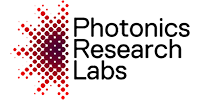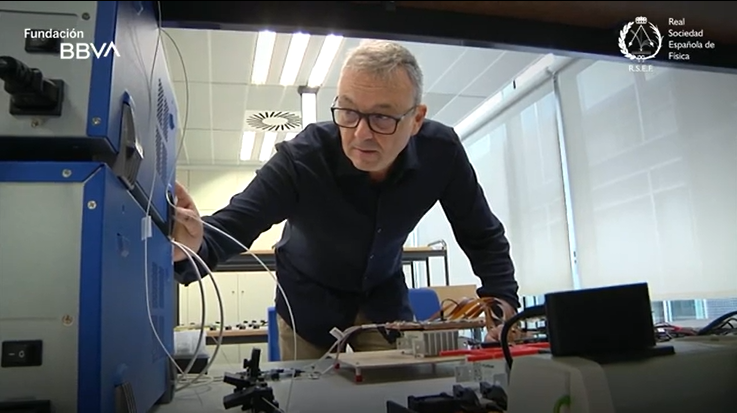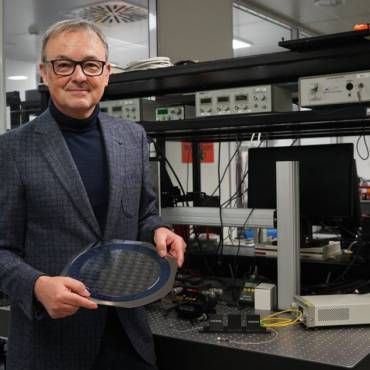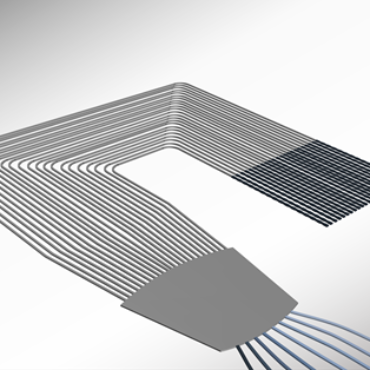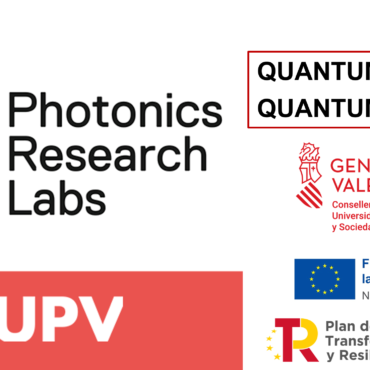José Capmany, Head of the Photonics Research Labs-iTEAM and Full Professor at the Escuela Técnica Superior de Ingeniería de Telecomunicación (ETSIT) of the Universitat Politècnica de València (UPV), has been awarded with the Physics, Innovation and Technology Award in the latest Spanish Physics 2022 Awards.
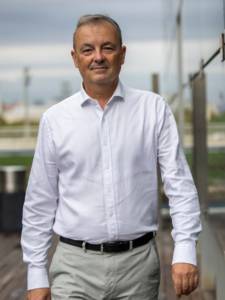
The RSEF–BBVA Foundation awards have been granted annually since 2007 to outstanding Spanish physicists, with particular attention to emerging research talent. The awards were first established by the Royal Spanish Society of Physics (RSEF) in 1958 and are now a standard fixture in the Spanish physics calendar, with a presentation ceremony that brings together many of the discipline’s leading experts.
“Today, not only the quality of the service counts, but also the consumption of energy”, affirms José Capmany, “and for this, photonics is an ideal technology”. This is the discipline on which the professor at the Universitat Politècnica de València has focused his research, and which has been recognized by the European Commission as one of the Key Enabling Technologies. With the deployment of 5G communications and the generations that come later, explains the award-winning scientist, it is necessary to develop technologies that process more information more quickly and with less energy consumption.
Capmany’s research consists in designing mechanisms to achieve an efficient transition between the wired and the wireless part of the communication networks. These mechanisms are based on photonic integrated circuits which is the most suitable way for carry information from one part of the network to the other. This new chips can also be a great support technology for electronics devices, and is key as well in development of better sensors. The scientist has also worked on the internet of things, industry 4.0 and programmable integrated photonics, whose applications range from artificial intelligence to quantum computing.
Capmany has an MSc and a PhD degrees in both Physics and Telecommunications Engineering. Author of hundreds of high-impact publications and 19 patents, he defines himself as a “late physicist” who came to this discipline because he wanted to push forward the frontiers of engineering. “Engineers see the technology systems as black boxes, and I’ve always been curious to see what’s going on inside them.”
The awardee has received many prizes, such as the Leonardo Torres Quevedo National Research Award and, in addition, has transferred his findings to the market, creating two technology-based companies. One of them (VLC Photonics) is a world leader in chip design, and the other (iPronics), created by the end of year 2020, has increased his workforce from a couple of employees to more than thirty in the last two years. For all these reasons, the jury highlighted that Capmany “combines scientific excellence with the inception of successful companies in the design of specific-purpose photonic circuits and programmable optical chips.”
Although the award is “individually very satisfying”, prof. Capmany points out that it is the result of teamwork: “A single person never goes anywhere. Around me there is an outstanding group of people whom I would like to extend this recognition.”

